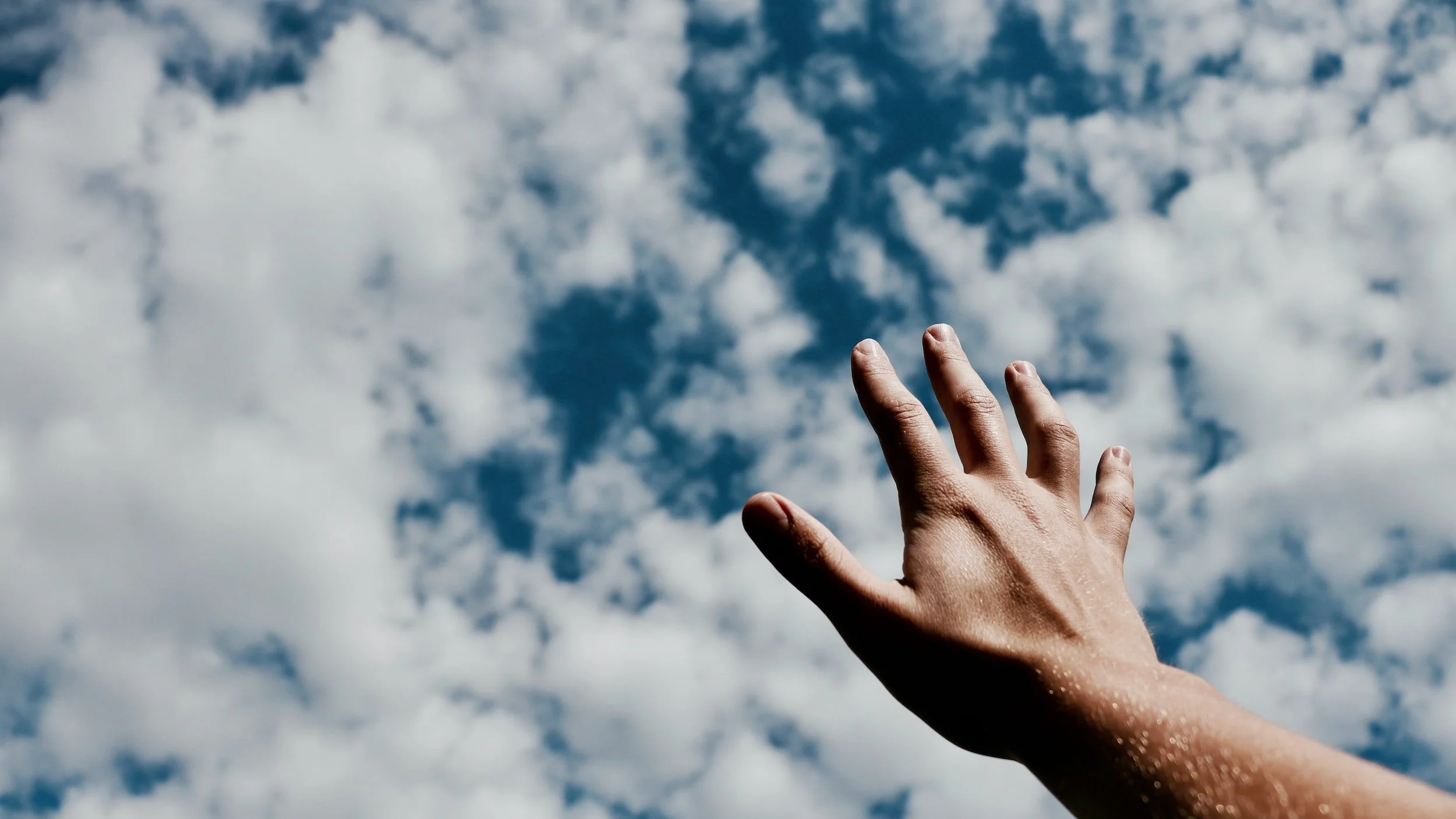You know you're on a rural road when folks wave at you as you drive by.
I'm not talking about waving at friends or family. Nor am I referring to the kind of waving between colleagues that truck drivers share. The waves I mean are the ones thrown out to complete strangers encountered on the road or as they pass by the home place.
Waving at strangers is endangered behavior these days. The number of places where it's practiced appears to be getting scarce.
A friend in eastern Montana waves at the drivers of passing vehicles more often than anyone else I know. I've been with him on cross-country drives and watched him cast dozens of waves that were not returned.
"Why do you wave so often?" I asked him.
"Just hoping they'll respond," he replied.
Waving is his mission on the road. A friendly wave is a sign of civility. People who wave at each other acknowledge a common bond: we're all in this together. Those who wave are more likely to help one another and work together, and less likely to cheat and cause each other harm, or so he believes. Encouraging the practice of waving is my friend's way of rebuilding community spirit.
Why some folks wave and others don't is partly a matter of population. The bigger the town and the more heavy the traffic the less likely it is to see a wave. There are just too many strangers.
Speed is also a factor. Folks in the fast lane rarely wave because they don't have time. Before you can lift your hand they're gone.
And freeways, of course, discourage waving altogether. Divided highways isolate us, each to our own vehicle. They are designed to keep us from running into each other, but they also prevent us from recognizing each other.
I've been on roads where waving provoked startled looks and obscene responses. It's hard to be open to strangers in places where drive-by shootings and lootings occur. Fear closes a lot of doors.
But out on the open range of Wyoming or beneath the big skies of Montana waving comes pretty easy. When you've been alone on a road for thirty minutes another vehicle can be a welcome sight. Where there are fewer of us it's easier to see and appreciate how much we need each other.
Two-lane blacktop country roads, whether they part the potato fields of Idaho or cut across the scablands of Washington, seem to encourage a slower, friendlier style of travel. It helps, too, if you drive an old pickup with the windows down and one arm resting on the door.
Whether waving at strangers will help restore courtesy to the roads or make our communities more neighborly is hard to say, but it's worth a try.
by Michael Hofferber. Copyright © 1993. All rights reserved.
Hello, World!
